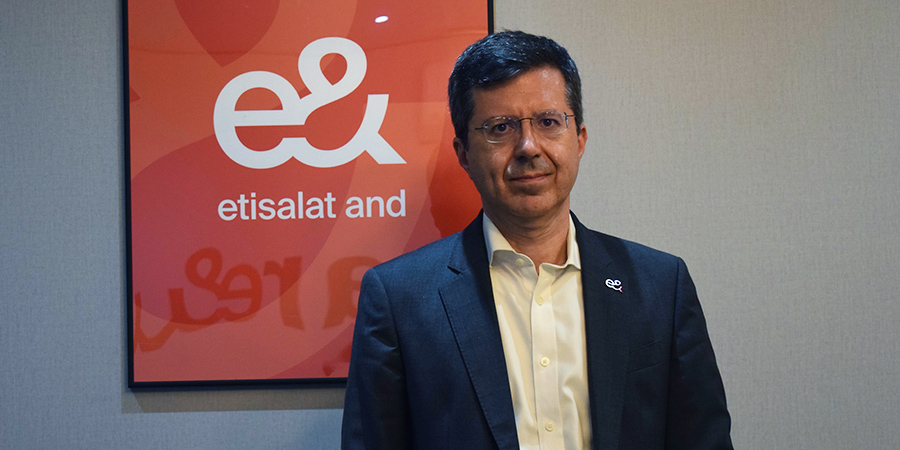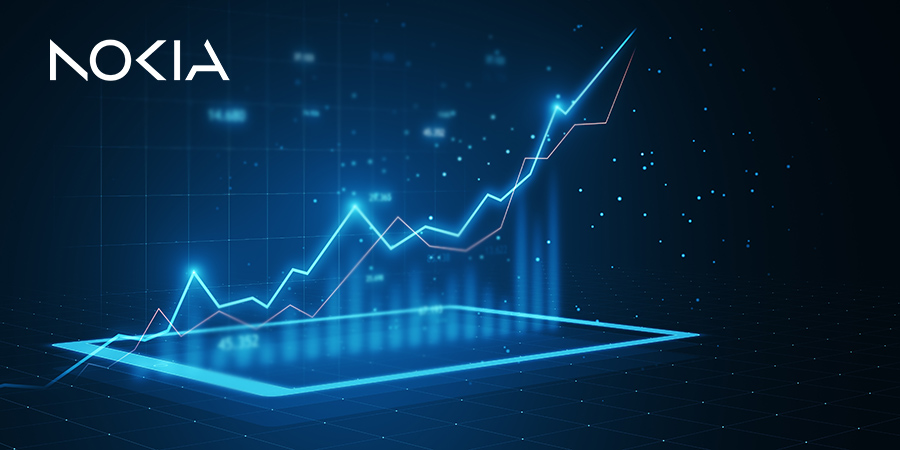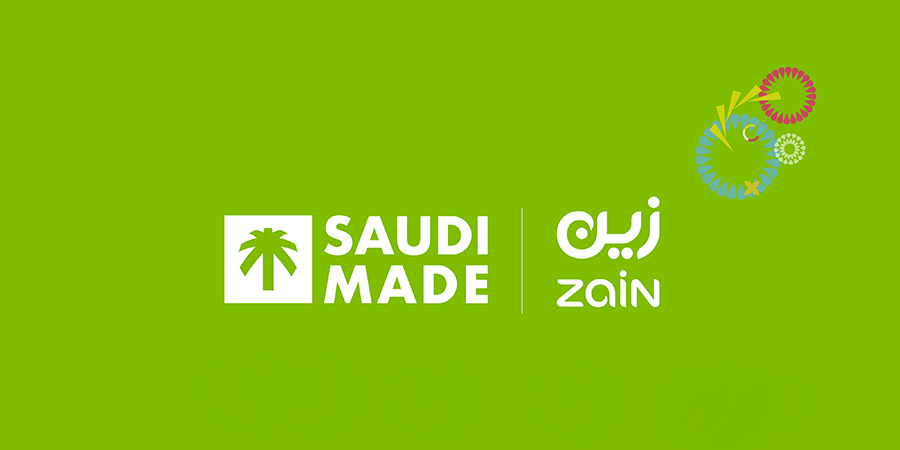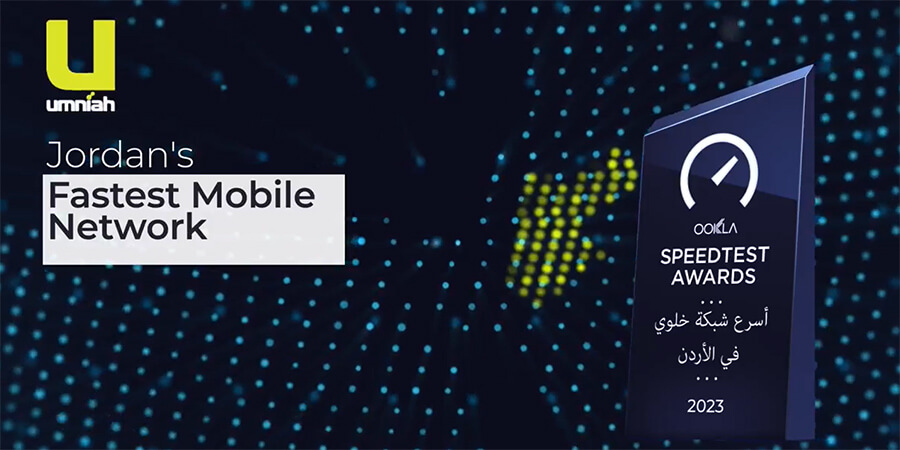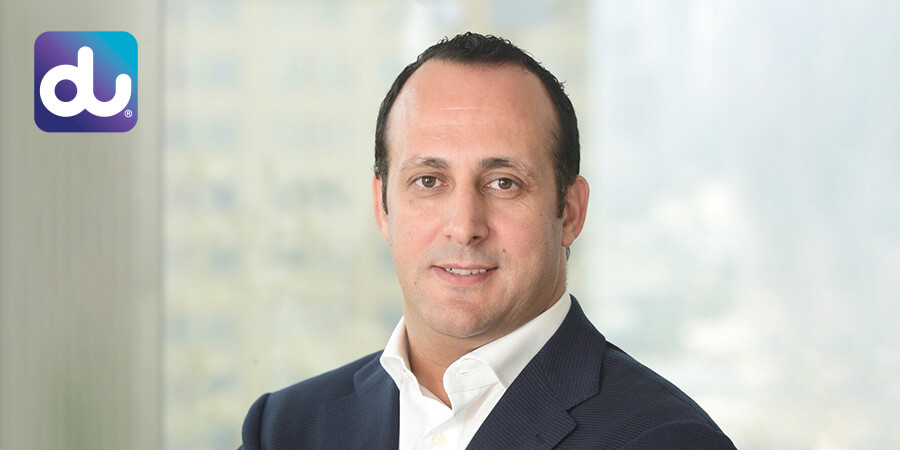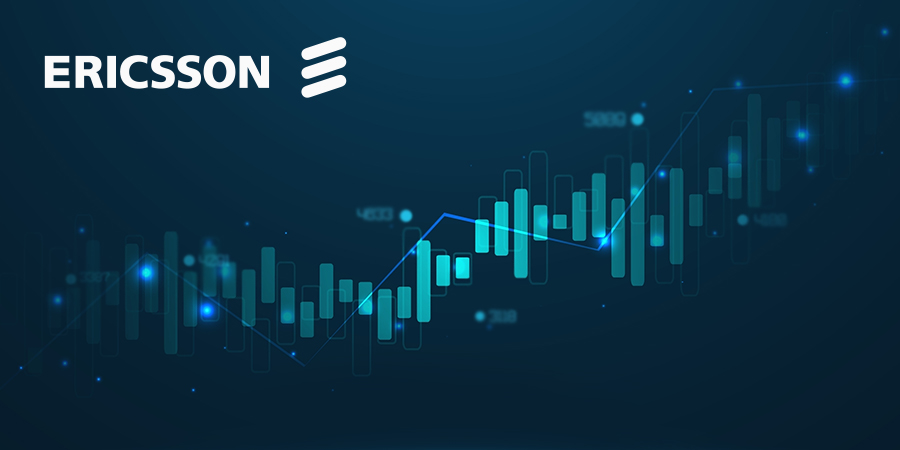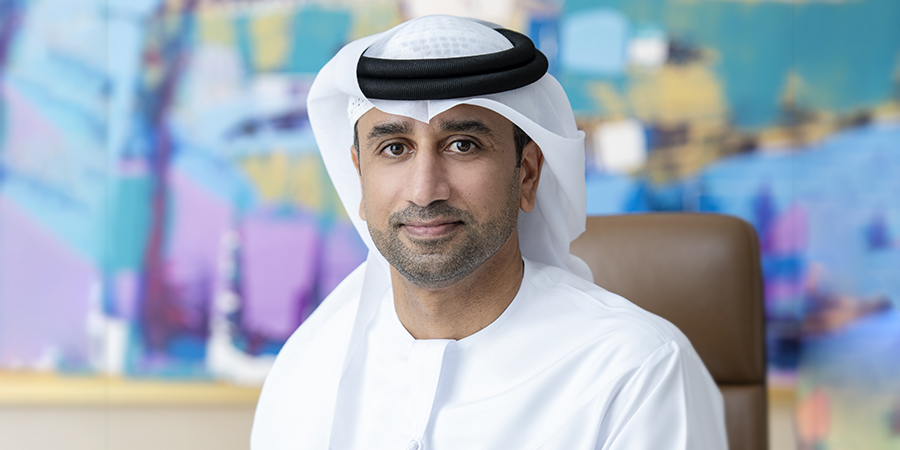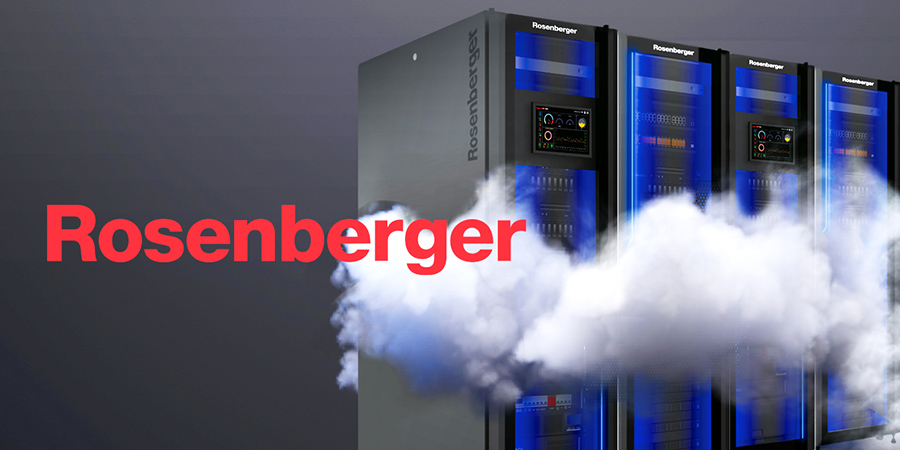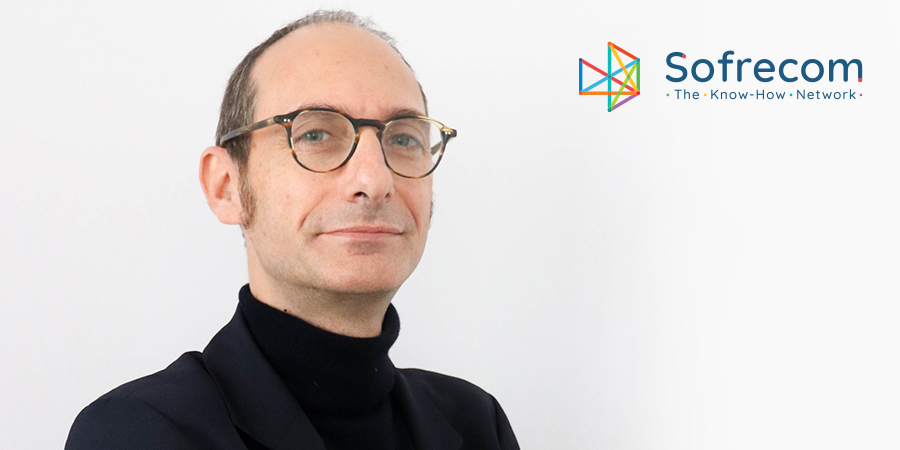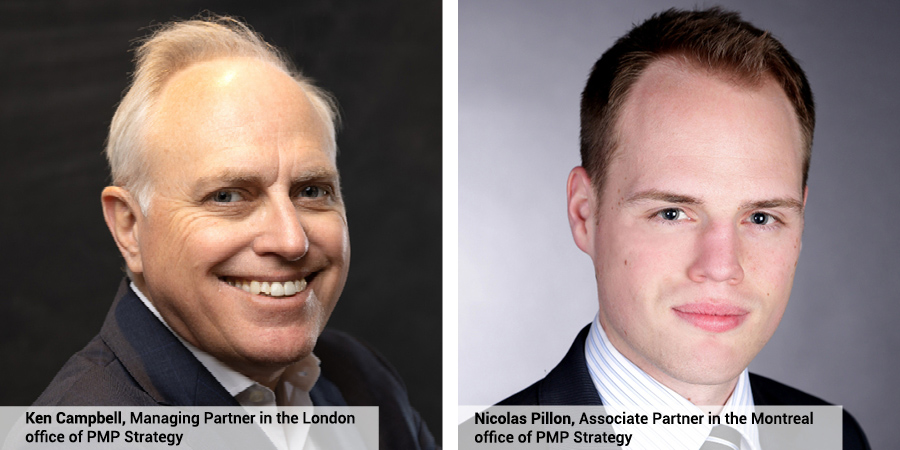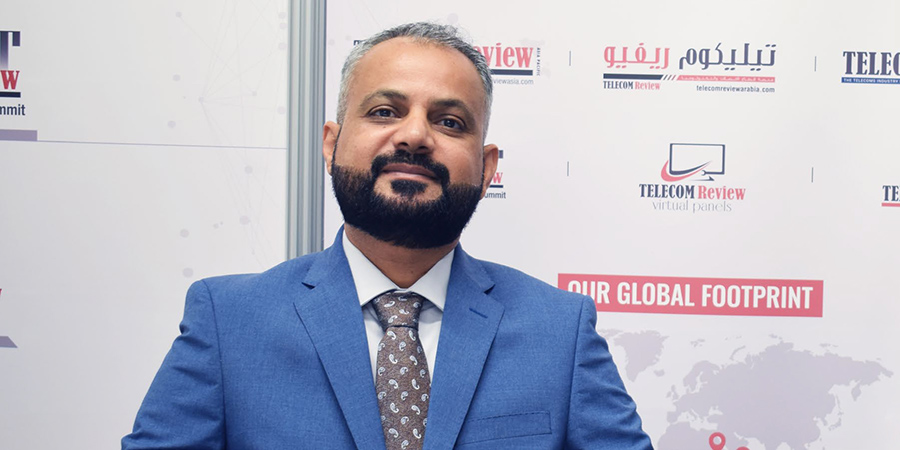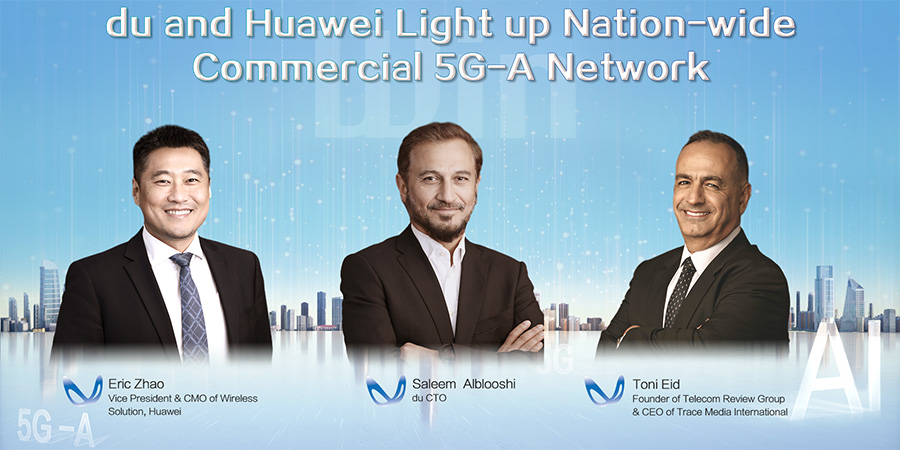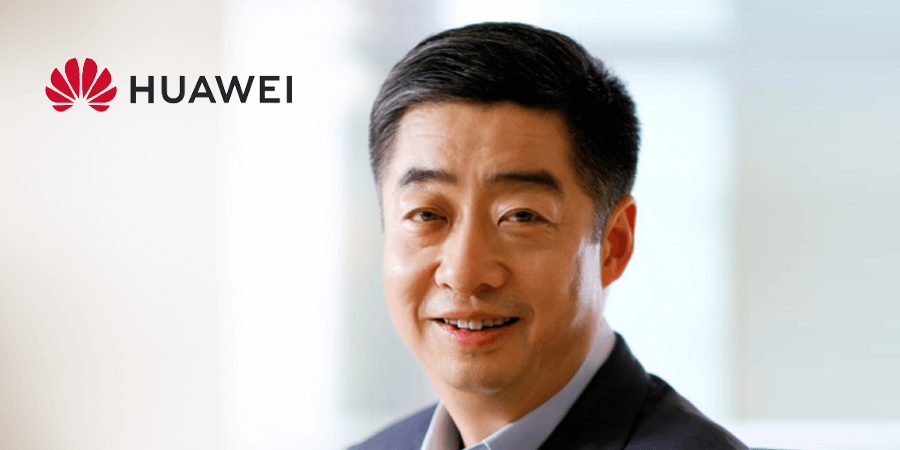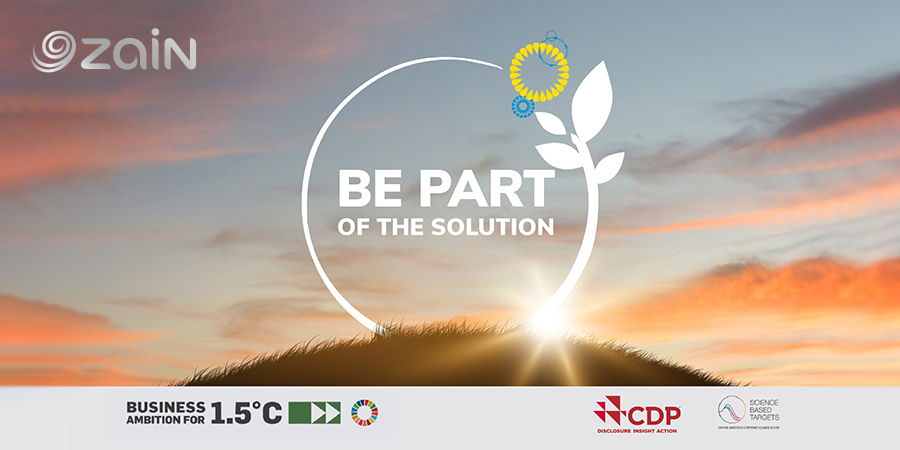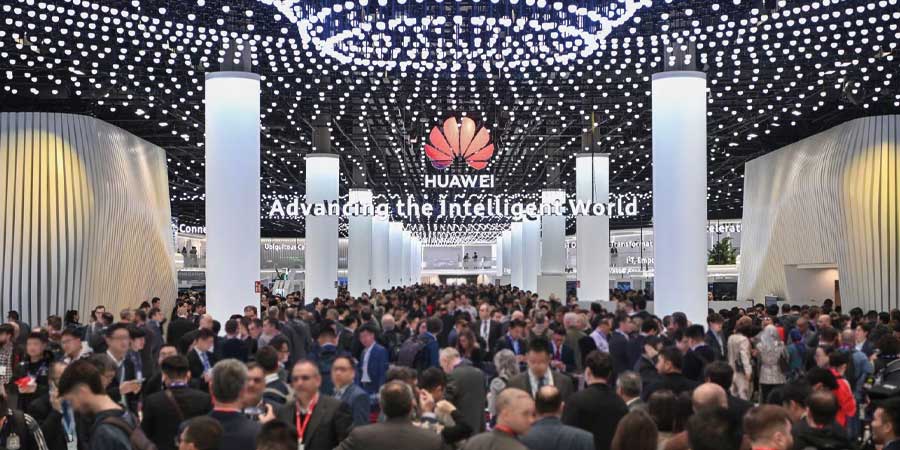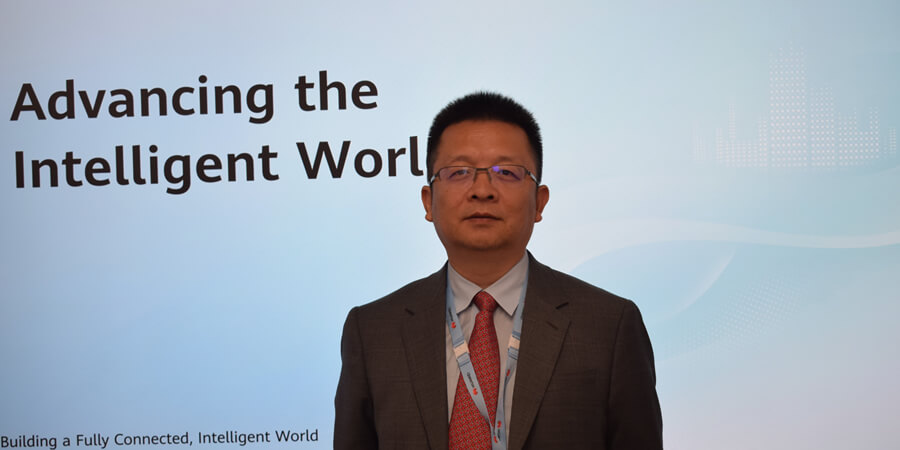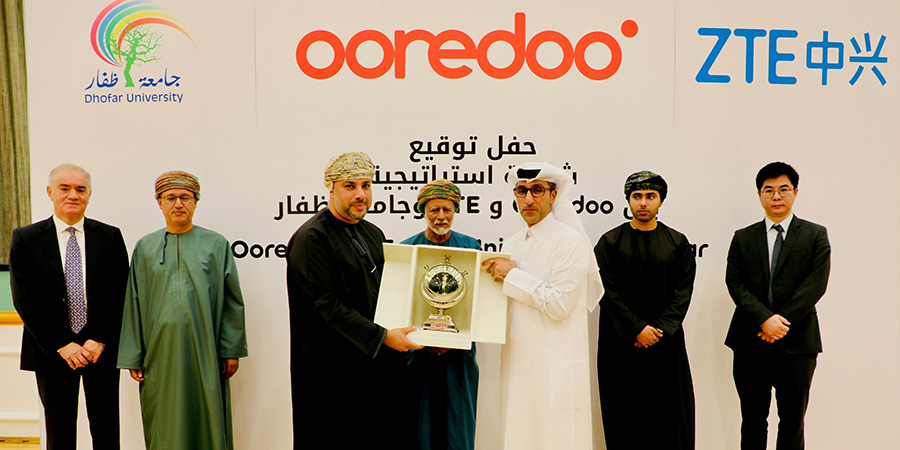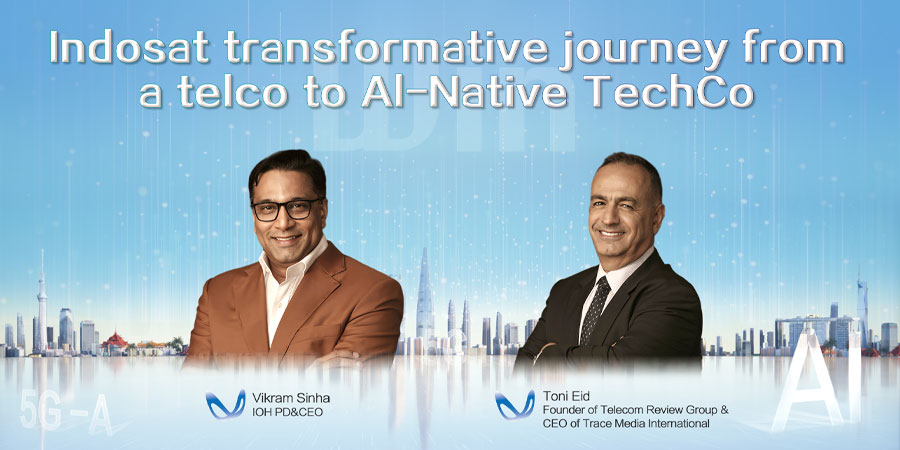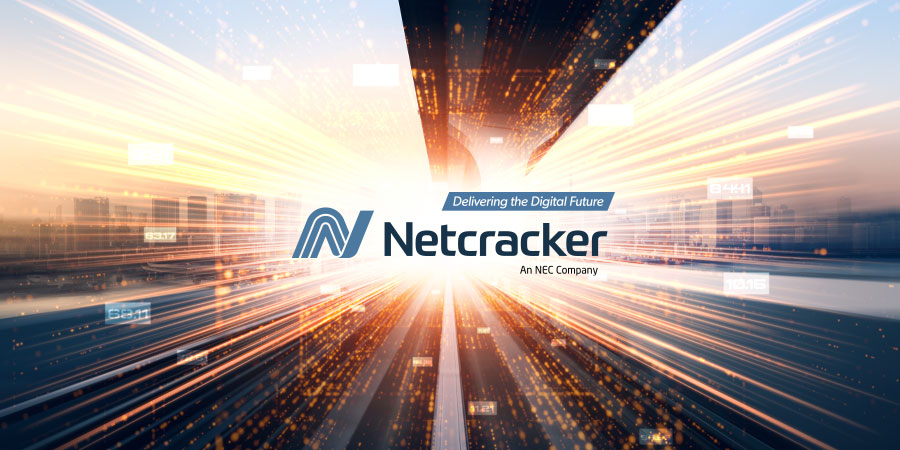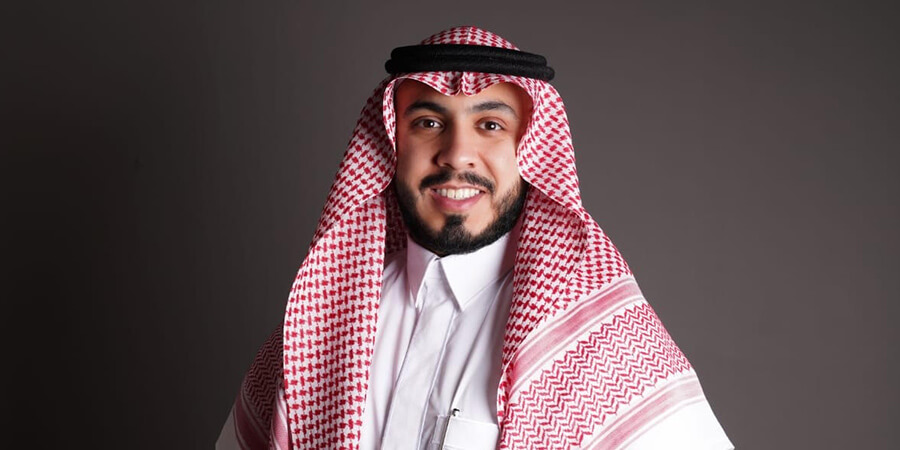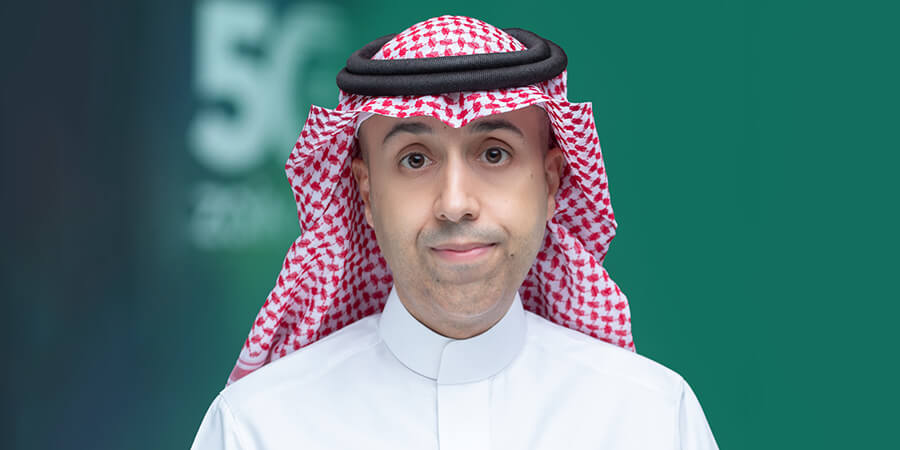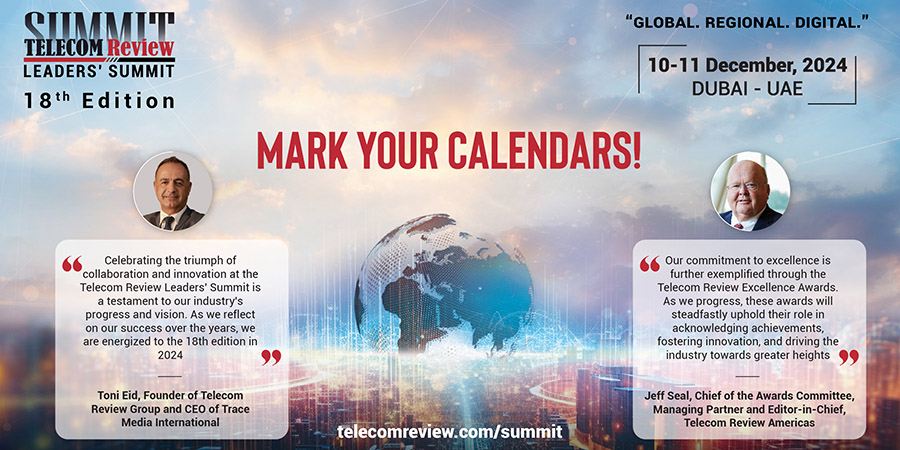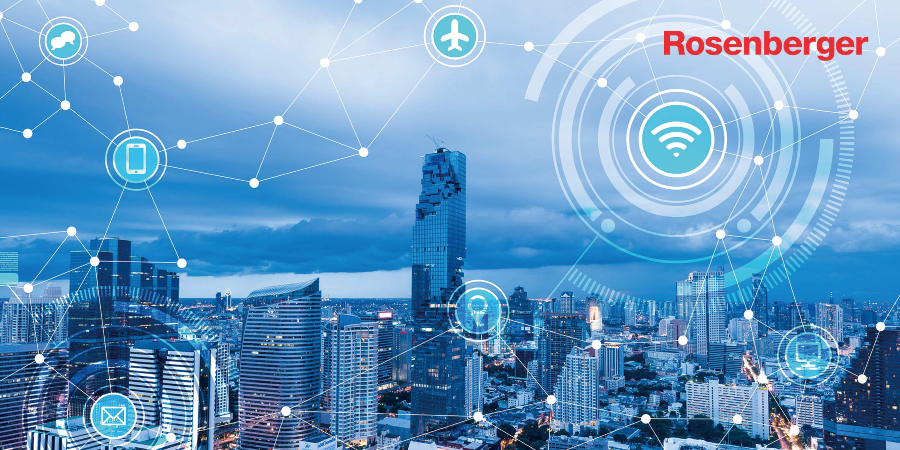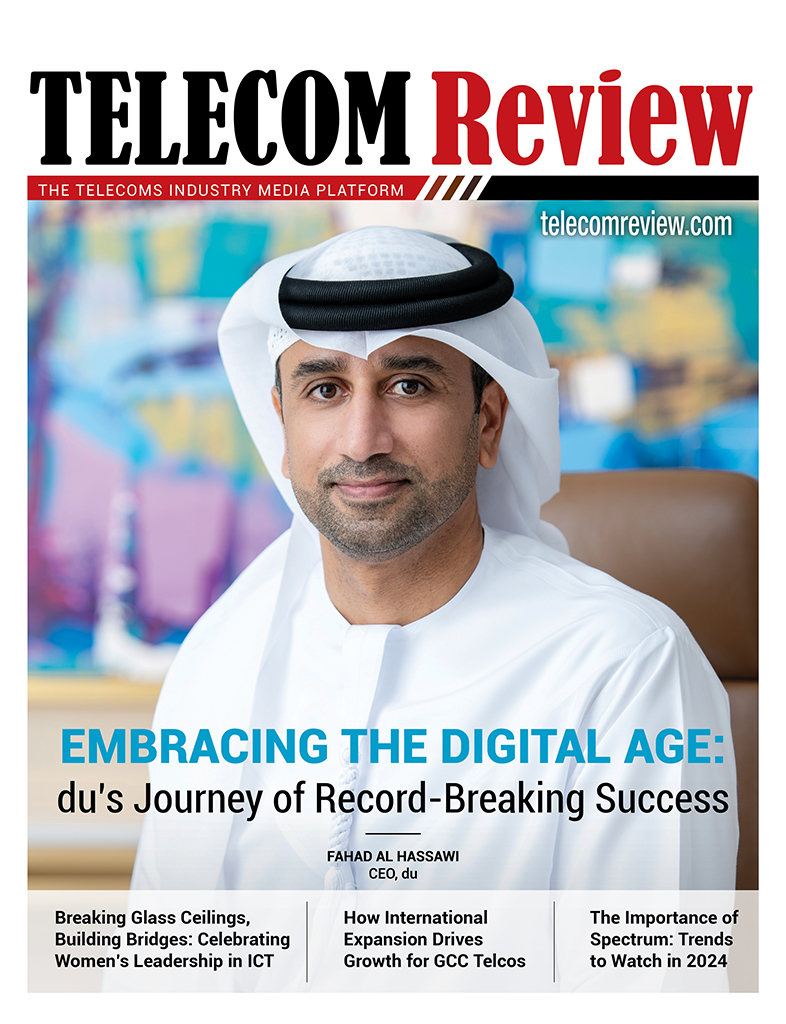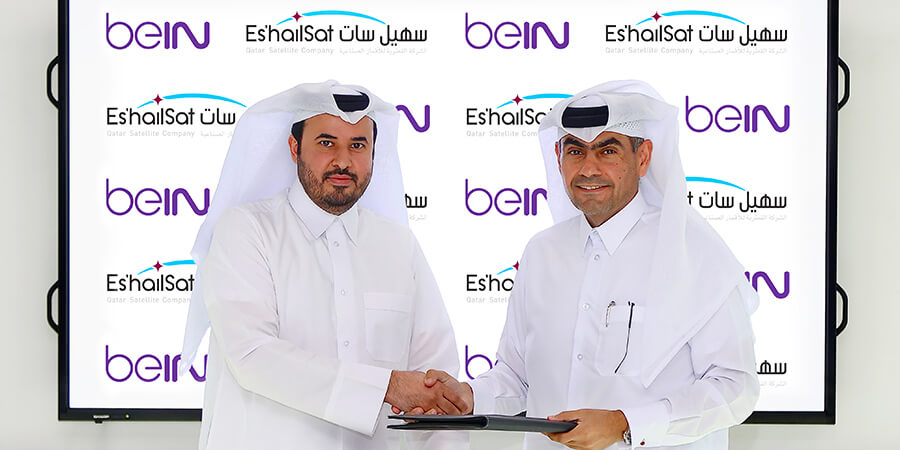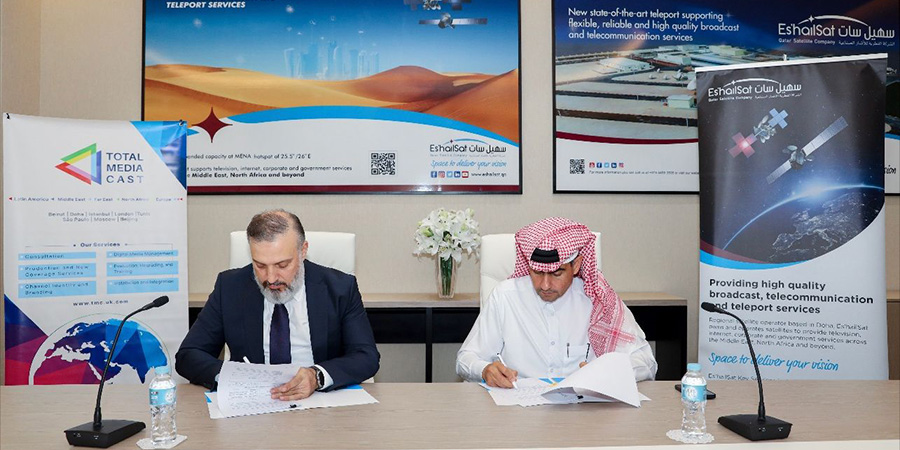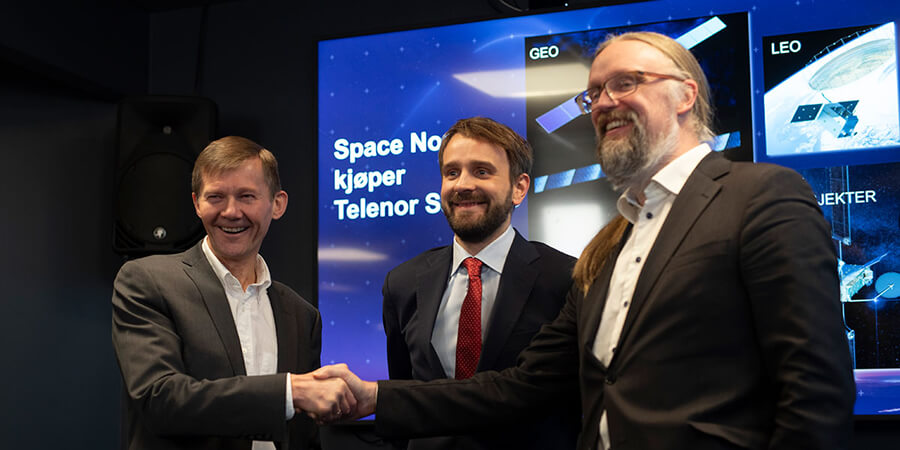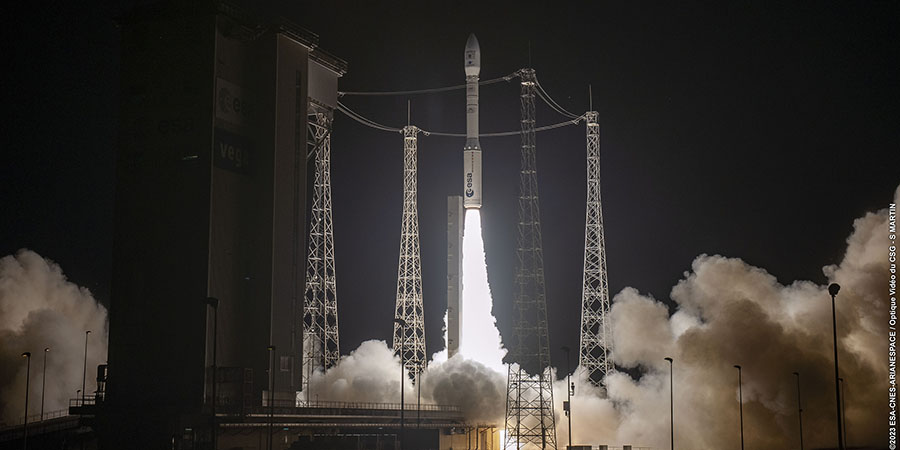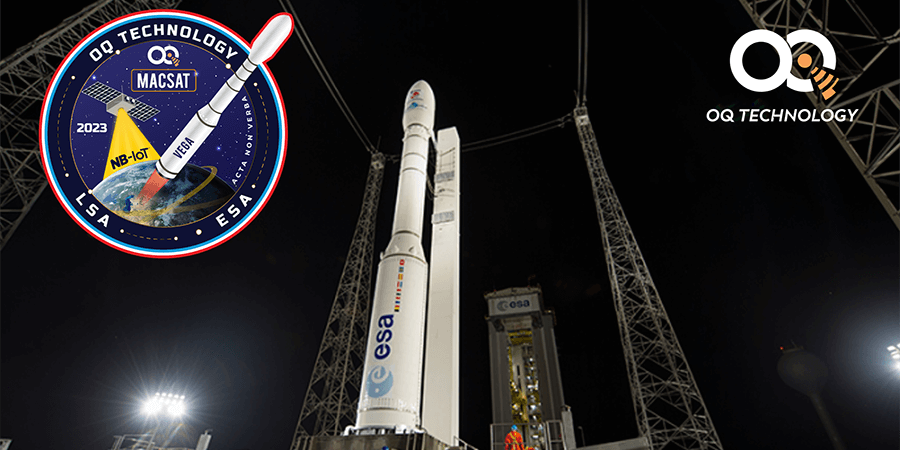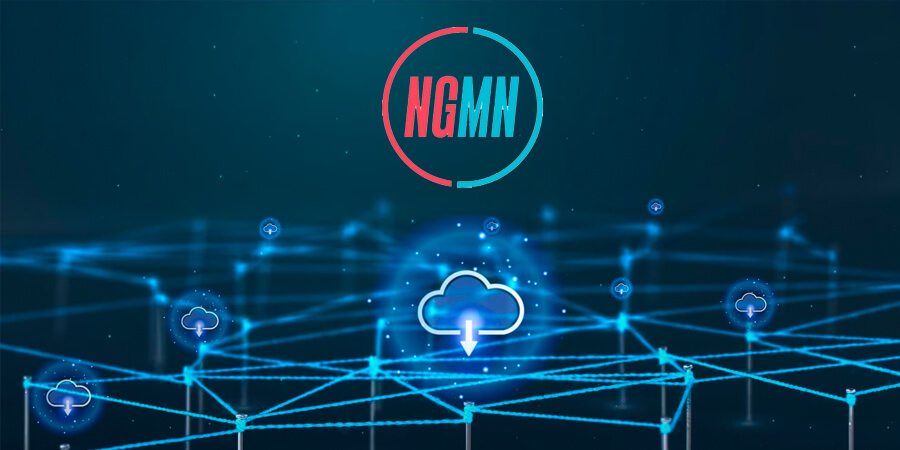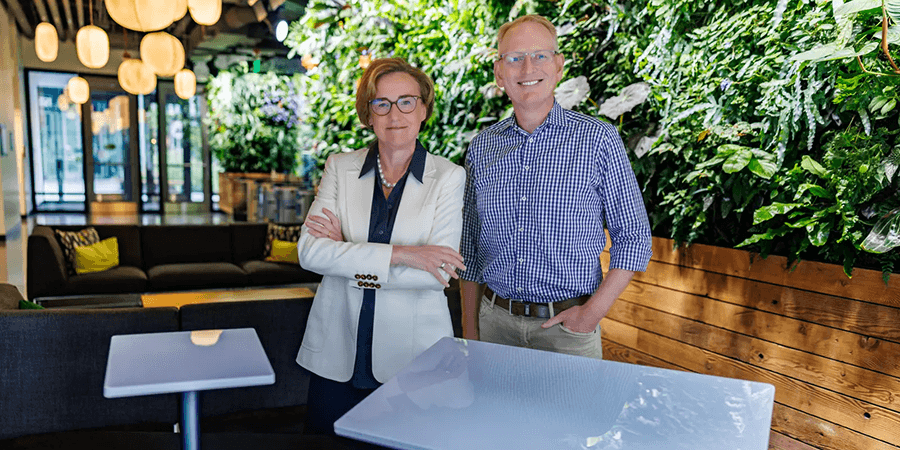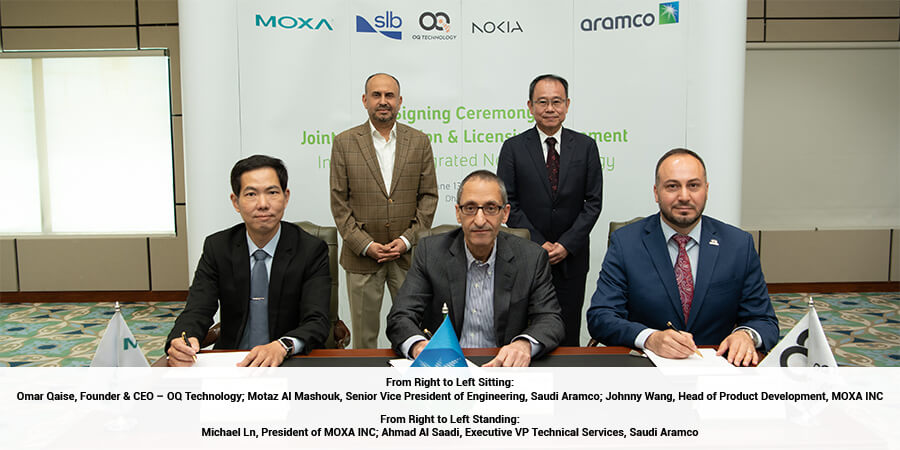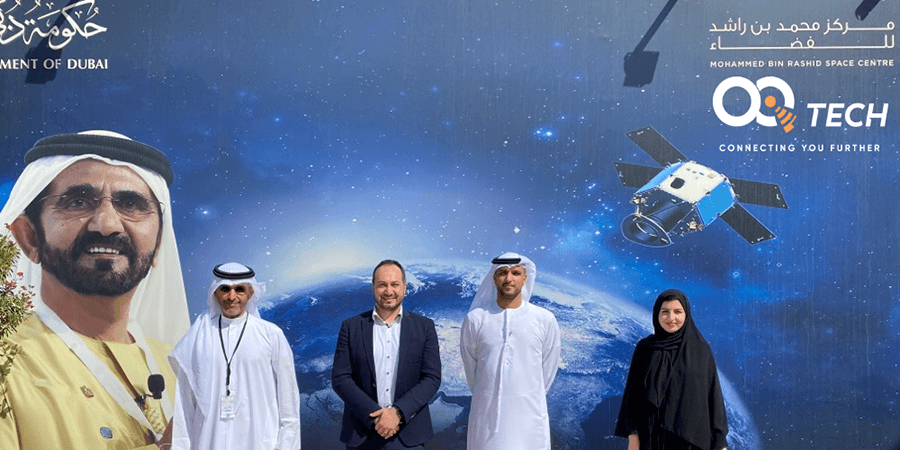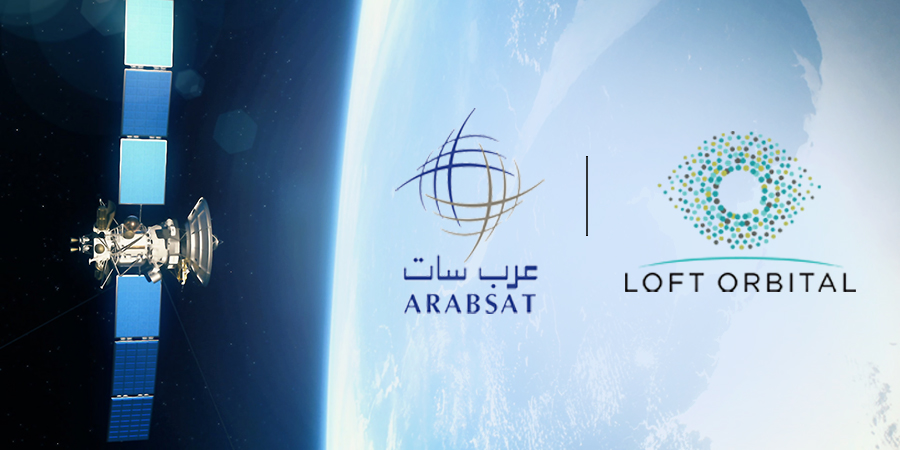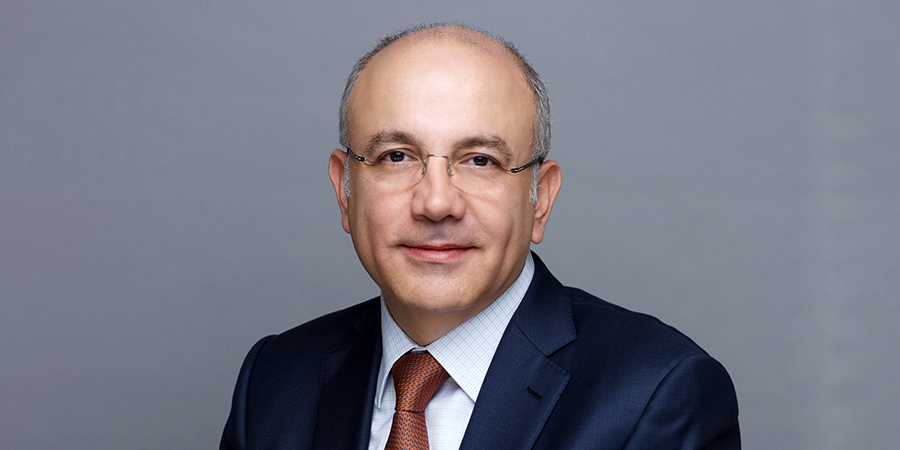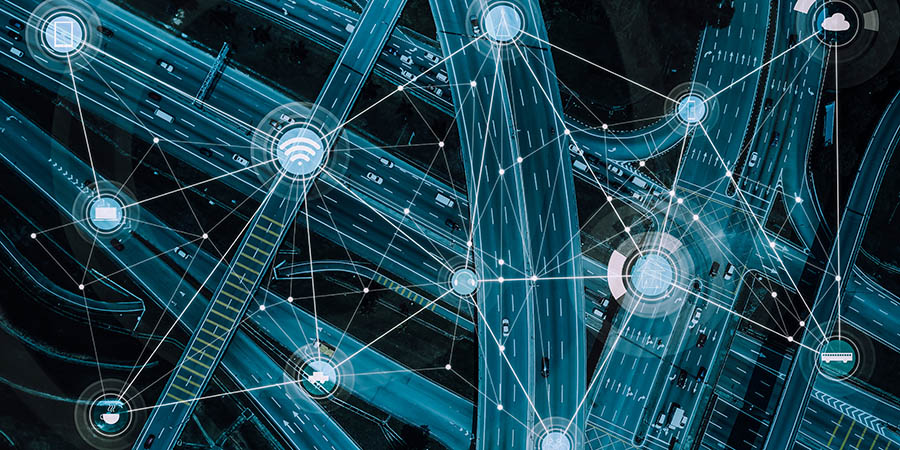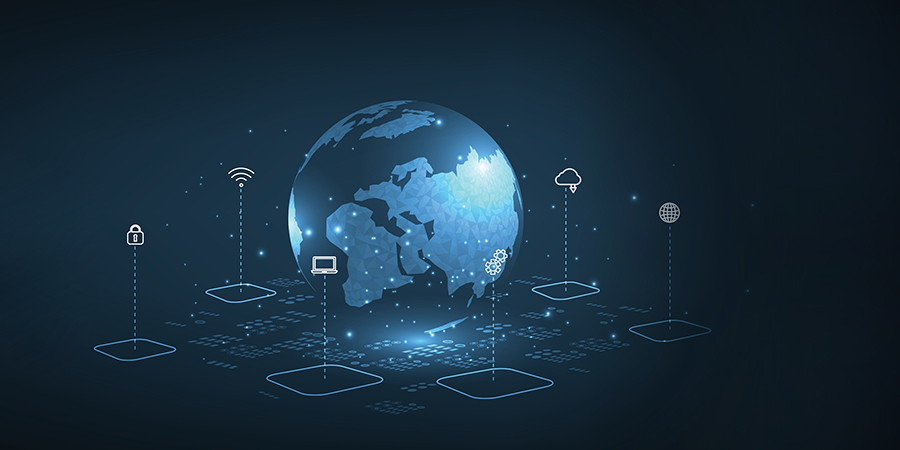With almost two years at the helm, Rafiah Ibrahim, Ericsson Head of Region Middle East and Africa talks about her future, her hopes and her plans for the region.
Ericsson has appointed three new Heads of Customer Units in the region, can you tell me a little more about the changes and what it will mean for the region?
Previously I had a cluster where there were several countries, Egypt, Sudan Ethiopia -The Horn of Africa, all of these countries are in the midst of developing new technology which means they need a lot of 3G, Ethiopia needs a lot of 3G at the same time Egypt is coming into the 4G, Sudan has 3G, but they want to move to 4G. So with these different technology requirements, if I put it all under one person it would be very difficult to focus and give them the full attention they need and I have seen that this has made all the operators very happy. So that was two changes, two people that I have put in place. Also in every business life cycle, you require different individuals. In every company you need to refresh your competences so it has come to a point that Egypt require a different competence that what it had beforehand I have to use people who are able to look into different areas. Is it a financial issue? Is it an operational issue? A technical one? So I needed to use the right competence, hence I refreshed it with the right people. I also have a new change that I did for Etisalat Global account which is a very key customer for us in the region, one of the biggest global operators. Again, because I needed to make sure we are moving to the next level of 5G, we are doing cloud, we are doing all the new stuff of Internet of Things because that's what Etisalat wants, so I had to put a person who's got experience doing that so that the customer can get the best of everything. That is the reason for it.
How will the partnership with Cisco affect the region?
What we do here is joint planning on which customers we will take forward, either Ericsson will lead it or Cisco will lead it. So right now there are few accounts that we are working with both globally and in the Middle East. We sit down and identify a few key ones and we discuss with the Cisco head of the region to say ""for this deal, which solution portfolio shall we propose to the customer, shall we lead it or you lead it?"" Because Cisco is also very strong in some of the countries. Right now we have a few that we are working on where both of us are very strong, STC, we are both very strong so we have sat down together to work out how we can give the best to them. At the end of the day the customer will decide because some product portfolio is best from Cisco, some we have ours. So we cooperate in certain portfolios but we compete in others so we put the best of breed to the customer.
What is it that Ericsson looks for in a partnership?
We look for partners who can complement what we don't have and also for partners who can bring us into their business. For example, Cisco is very good in data centres so we can give them the part that we are very strong in which is the mobility part. So we give them that part and they give us the other part of the routers so together we have a very good portfolio. That's why we look for partners who can complement us and help us move forward.
With everyone and everything in the industry working towards a ""networked society"", do you see any negatives in having everything connected?
There will be negativity but then if you understand the issues and the challenges beforehand and as a very strong corporate company like we are, we will look at all the challenges and all the issues while we are looking at everything being connected. Security is one issue, what does it mean when you have a lot of easy connections you have to be aware that other issue s will come up, so we will need to make sure that we already put into place how to avoid cybercrime how to ensure that the cloud is being handled in the best way so that information is not leaked out. We need to make sure that is segmented properly and somebody cannot look at or take somebody else's information. We are already looking at these challenges but it will be addressed. Everybody is talking about it and if we address it and consistently and consciously then we will try to minimise the issues as we move forward.
Do you think places such as Dubai are at an advantage or disadvantage with it being a relatively new city?
I think it will be an advantage, I believe that the leadership of the country has got very clear focus of what he wants. His Highness Sheikh Mohammed bin Rashid Al Maktoum, Vice President and Prime Minister of the UAE and Ruler of Dubai, has been very clear exactly what he wants, he wants a happy nation, and He has a minister in charge of happiness. You never have that in other countries because he wants the people of the nation to feel happy and secure. So if the leader of the nation is very clear what they want and gives instructions to everyone to make sure that they are working towards a certain goal then I would say that there is no form of negativity in fact they will be upfront, they will be pioneering they will be testing, they will be having a lot of companies and partners, us included who will be trying to participate with them, so they will be able to test many things and after a few years filter out what doesn't work and get the best of everything. The infrastructure is ready; they are very connected so I don't think there is a disadvantage!
You are pushing your CSR initiatives especially in education with King Fahd University in Saudi Arabia, can you tell us more about this?
When it comes to education for local talents, last year in 2015 I launched the program in 44 universities and I hope to reach 100 this year. In every country I want to have several universities where the students can access the Ericsson online programs so they understand what we are doing. It is not every student, but selected, qualified, good students and we help the local talents grow. One day it will be the local talent running this country. On top of that, when they work with Ericsson, we give them assignments in different countries. I have worked with many different countries throughout my assignment with Ericsson and on top of experience in different roles, I understand culture and how to work with the different cultures which helps you to grow as a person and as an individual. So I hope that what we do at Ericsson for this will help all these university students to one day become global citizens and they can work in any country that they want and I hope I can look back thirty years from now if I'm still around and say that I've done this.
How are you encouraging more female leadership in the industry and the region?
In my organisation, every manager will need to have female leaders. If they are not ready, we coach and mentor them. So if you are a young talent and you need to have a coach, we will assign a coach so they learn how to be a leader, how to build your confidence as a female and how to work with your male colleagues so there are many programs that we do to build this confidence in them
You have been head of the region for almost two years now, how is it going for you and would you want to head another region in the future?
The first year is always about getting your foundation right, getting the right team in place, getting the right focus and giving very clear goals to your team so they know exactly what to do. I have done that now and I can see that this is a ship in a very rough sea because of all the challenges however when it is very clear exactly what they need to it goes into the right direction. Â The second year was to focus on things that are important. I feel that the focus is very clear, where we are and what we should do. Â I am very happy right now it is extremely challenging and every day is a new issue and a new problem, I love my customers. The customer that I have are my friends as well so I want to make sure that whatever I do, I want to make sure they are successful and I've got so many new customers right now that I also give my attention to make sure that they are successful. So I hope to continue on this journey in this region, I have not thought about any other regions yet because I still think there is a lot to be done here and I hope to stay as long as I can contribute well.



